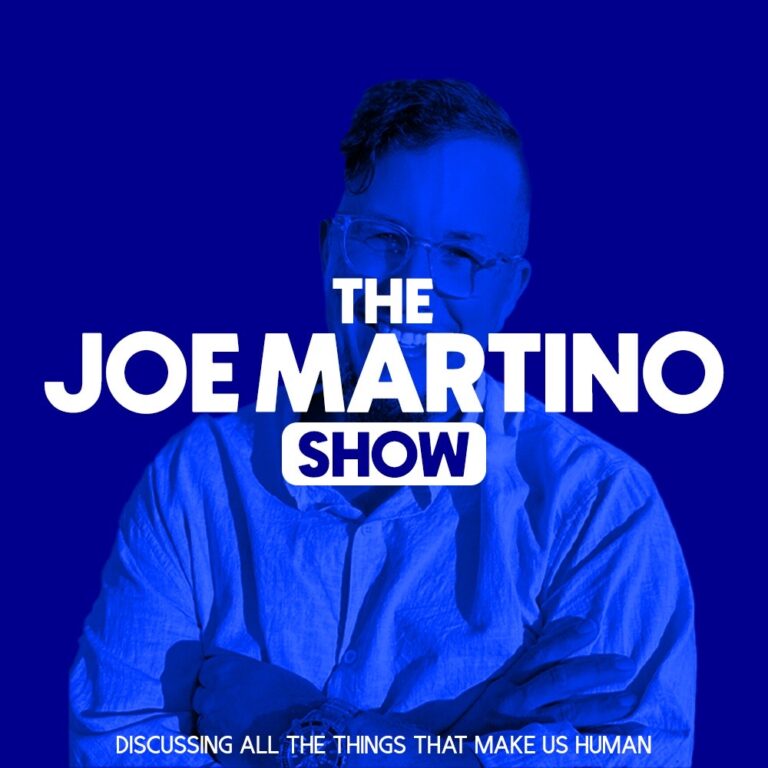Ah, the new year.
That blessed time of year where many people set goals for the next year. The gym where I work out, will be filled with people who have set 2018 as they year where they finally get fit.
For two weeks or so, at least.
Every year, many people set goals and they typically fall to the wayside by the end of the month.
Why?
Well, for one thing, most people don't consider the cost of their goals when they make them. They make a goal that they are going to lose weight but fail to consider that they will need to give up their favorite high calorie, zero nutrition snack.
They set a savings goal without thinking about how they will need to pass the sales rack at their favorite store without actually buying anything simply because it’s on sale.
Secondly, we often set goals that are too vague. I was talking to an aspiring musician one day and I asked him one of my favorite questions, “You have 525,600 minutes to spend over the next 365 days. How will you spend them? What will be different about your life when those minutes are spent.”
That’s a start of a goal but it’s not actually a goal.
What does that mean?
I asked him how much time he was going to spend on polishing his music.
He had zero idea. I told him that I doubted he would actually change much about his music.
If goals are actually going to create change, they have to be specific and measurable.
We often fail to understand the why of our goal.
What are the specific actions we need to take in order to achieve them? If I want to write a book, how many hours a week am I going to dedicate to it?
If I am going to set a savings goal, how much am I going to transfer into savings?
If I am going to set a weight/healthy goal, how many calories should I consume? How much time should I spend exercising?
Where can I learn what I need to learn in order to accomplish these actions?
Why do you want to do what it is your doing? This is why I ask about how you will spend your minutes. The older I get, the more I am convinced that time is our most precious commodity.
Often, we spend it as if we are not in control of how we spend it. As if it just magically disappears from our life.
If you want next year to be different from last year, you must spend this present year differently.
Take some time and write down what you want to happen over the next year.
Now, write out what the emotional pay off is to those goals. I've written about this idea, here. For example, I had a friend that wanted to lose and keep off nearly 100lbs. I asked him about the payoff to his goals. He said, he wanted to be able to walk his daughter down the aisle and go hiking with his son. "Write it down!" I told him.
Change happens when we take the time to answer there key questions. What do you want? What are you willing to pay? What are you willing to risk?
Take time to explore your goals. What do you want (be specific). What are the necessary behaviors you'll need to achieve your goal? What is the emotional payoffs to your goal? If you want to lose weight, why? If you want to save money, what do you want to feel when you save that money? If you want to sponsor a child in another country, what is the emotional reason? 
Lastly, we often fail to get back up when we fail. People who attempt change, who want to fight against the status quo of their lives will fail more than people who do not worry about changing. Failure is part of the process. If we are going to successfully change something, we will have to overcome that failure by getting back up and going at it again. Many times, we will need to reattempt change multiple times. *Note. The squirrel has nothing to do with the post. I just thought it was cute.

